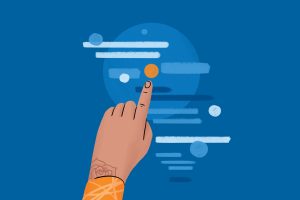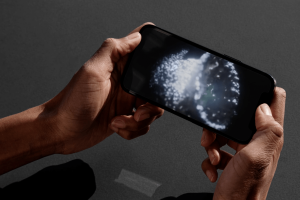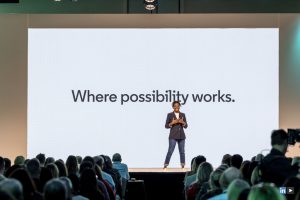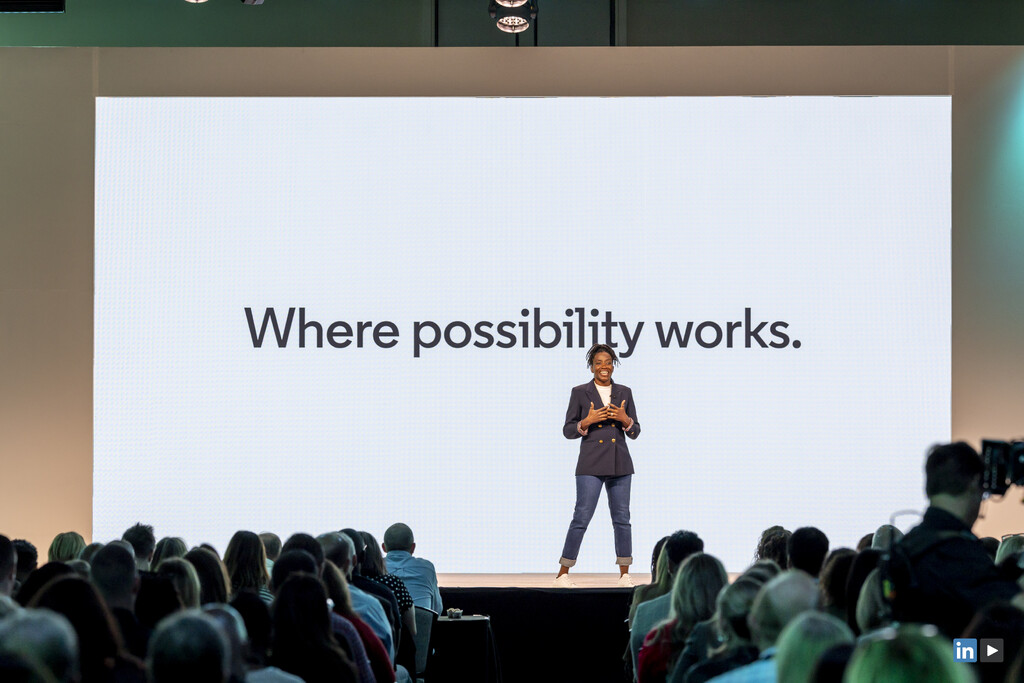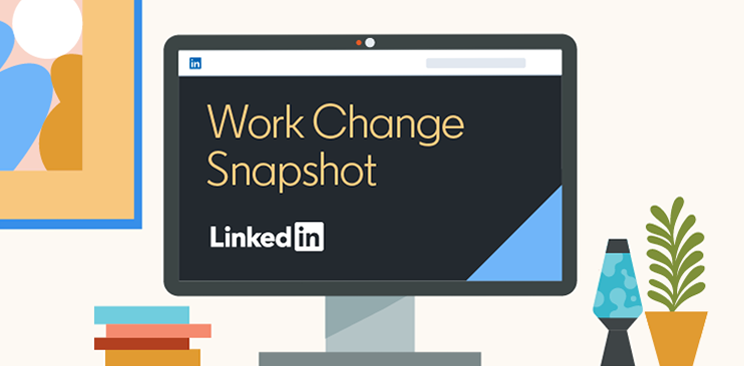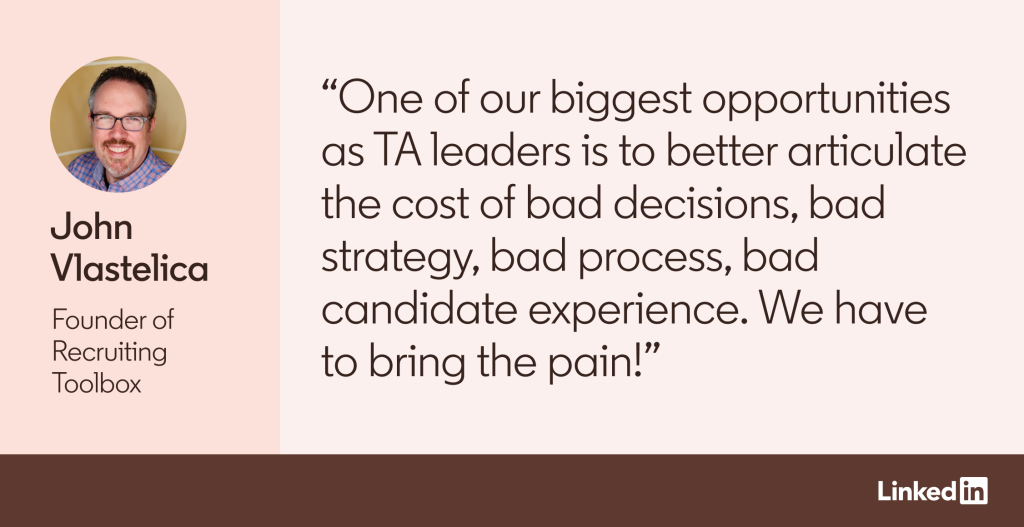Talent development professionals are often asked to show the impact of learning, which got us thinking: What does impact really look like?
Sure, the C-suite wants hard metrics. Or a noticeable increase in the bottom line. But what about the subtler, less quantifiable ways that L&D professionals make an impact, kind of like when you hear a great song and it inspires you to change your life?
A skilled learning and development professional can play a tune like that, leading to impacts that can be hard to measure. So it was in the spirit of this idea that we asked four learning and development leaders: What’s the most meaningful impact your L&D work has had on your organization or clients?
Below you’ll find their thoughtful and inspiring answers, which range from changing a company’s DEI culture to helping an organization avoid layoffs to changing the course of an individual’s life.
Naphtali Bryant: Launching a leadership development program that changed a company’s culture
“One of the most meaningful projects in my career,” says Naphtali Bryant, executive coach and leadership development consultant at RAC Leadership, “was designing and launching a leadership development program at a global media company during the height of the COVID pandemic. The program aimed to empower finance and operations leaders to create more inclusive teams by addressing three core principles: identifying and interrupting bias, fostering belonging, and dismantling biased systems.
“Through a blend of instructional content, coaching, and collaboration with DEI and business leaders, we developed actionable strategies that leaders could immediately implement. What made this experience so rewarding was witnessing leaders shift from seeing DEI as a theoretical concept to actively creating change. They evolved from taking small, conscious steps to implementing large-scale initiatives that transformed team dynamics and contributed to a more inclusive company culture.
“The true impact became clear when the program grew beyond my involvement, evolving into a company-wide inclusion effort that continues to influence leadership practices. Seeing this initiative become an enduring part of the company’s strategy was incredibly fulfilling. It’s a reminder that while leadership changes, learning endures — and that’s the kind of legacy that truly transforms organizations.”
Lori Niles-Hofmann: Upskilling 400 employees, rather than laying them off
“I have always looked at L&D,” says Lori Niles-Hofmann, senior ed tech transformation strategist and cofounder of NilesNolen, “through the following lens: We have a responsibility to keep people (not learners, not employees, but actual human beings) relevant and not redundant.
“This is why the project I feel had the most impact was the task of building and executing a strategy to upskill about 400 employees out of roles that would be eliminated by automation. The C-suite recognized the value our L&D leadership could deliver. Instead of layoffs, we developed targeted adjacent skills development plans to retain talent and redeploy them into new areas of the business.
“This was not just a feel-good story. It made business sense, prevented corporate amnesia in a competitive market, and solidified continuous talent pool growth. I wish more companies would take this path.”
Christopher Lind: Taking the time and doing the research to identify the real gap in a team’s knowledge
“I don’t know if I could isolate a single learning intervention as the most meaningful and impactful,” says Christopher Lind, digital leadership coach and former chief learning officer at ChenMed. “However, I’ll share a story that illustrates a pattern consistent with every success.
“I distinctly remember a C-suite request for comprehensive e-learning to improve the product knowledge of the global sales teams. Rather than immediately jumping to action, we rapidly investigated the context of the problem. Through this, we validated a legitimate process and content gap in product knowledge, but not as initially presented.
“As a result, we collaboratively reengineered the process and designed an on-demand suite of performance support that could be accessed in the moment of need. However, it didn’t stop there. We also paired it with a digital, skill-based simulation of a particularly challenging customer interaction discovered during our context exploration.
“Ultimately, we surgically closed the requested knowledge gap. However, we went further and bridged an operational process gap between the sales and product teams while identifying and providing quantifiable skill growth in a formerly overlooked but critical customer interaction. This further influenced the creation of new business metrics that were successfully tied directly to conversion rates and revenue.”
Ruth Gotian: Changing the course of someone’s career through mentorship
“The most meaningful impact of my work in learning and development,” says Ruth Gotian, chief learning officer at Weill Cornell Medicine, “is the way it has transformed individuals’ careers, particularly through mentorship.
“One story stands out: Years ago, I mentored a young student, who later faced a crisis of purpose during medical school. Disenchanted and unsure of her future in healthcare, she reached out to me. Our conversation reignited her passion, and an introduction led to a research position that ultimately shaped her career.
“Today, she is a successful pediatric anesthesiologist and vice chair of her department. She once told me that my response was a Hail Mary. If I didn’t respond or the conversation didn’t change her course in some way, she would have quit medicine.
“Seeing individuals thrive and reach their potential because of a simple yet meaningful mentoring moment is the true measure of success. It’s not just about professional achievements; it’s about helping people find their purpose and passion. The ripple effect of this personal growth extends beyond the individual to their organizations and communities. Knowing that my work has contributed to someone’s clarity and fulfillment is the most rewarding impact I can imagine.”



